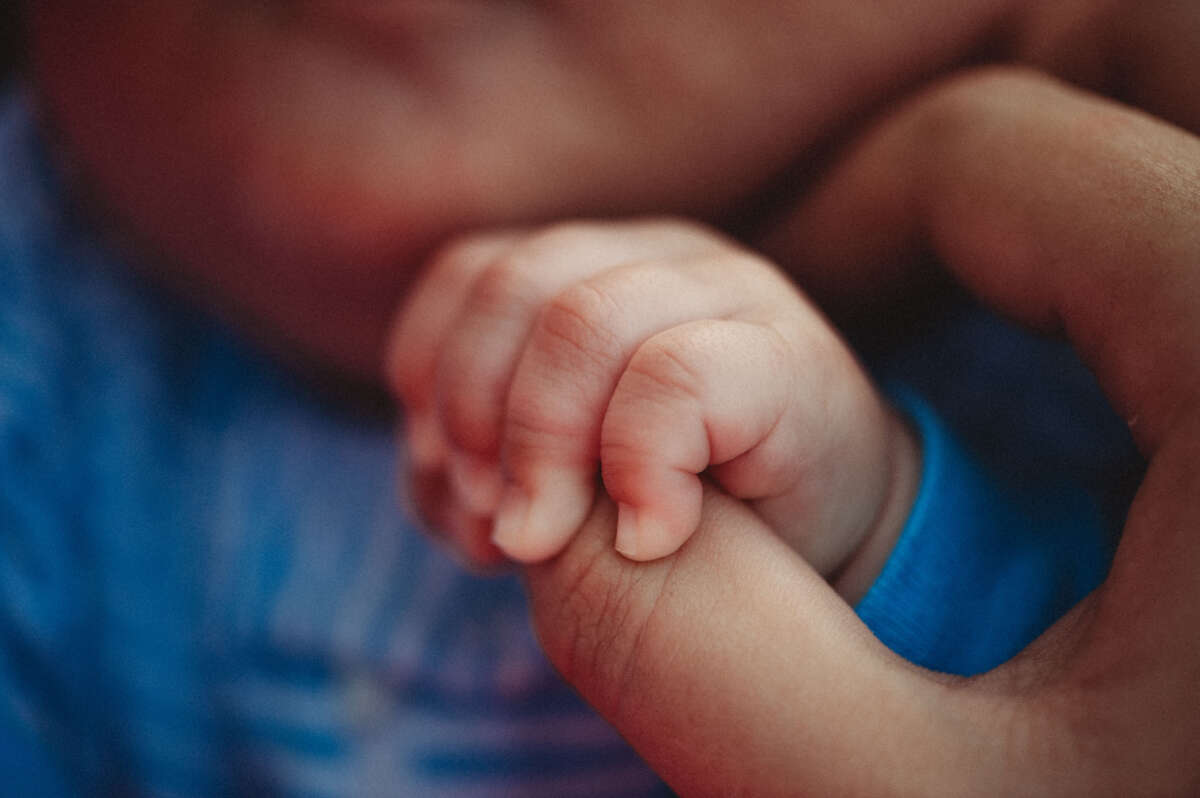A new report from the National Center for Health Statistics (NCHS) found that the rate of babies born prematurely in the U.S. has grown nearly 12 percent from 2014 to 2022, with 1 out of every 10 births in the U.S. in 2022 being preterm.
Premature births, which are defined as births before 37 weeks of pregnancy, can lead to morbidities in infants. According to the World Health Organization (WHO), preterm birth complications are the leading cause of death in children under 5 years of age.
The NCHS analysis also found that racial and age disparities became more pronounced during this period, meaning that Black mothers were more likely than white mothers to give birth to babies prematurely. Researchers believe that this disparity is likely caused by “weathering,” a process in which the accumulation of stress caused by racism and discrimination contributes to racial disparities in maternal health. Weathering, in addition to systemic racism in the health care system, has resulted in the U.S. having one of the worst maternal and infant mortality rates of wealthy democracies across the world, according to the Commonwealth Fund.
Researchers also found that preterm births increased by about 2 percent each year, and noted that escalating social and economic stressors may be contributing to the increase.
“We know there’s a link between stress and preterm birth, and that’s something that’s been studied in the literature but very challenging to mitigate,” Cynthia Gyamfi-Bannerman, a maternal-fetal medicine specialist, told The Guardian. “We see it time and time again.”
One of the stressors driving preterm birth rates may be abortion bans. In fact, states with preterm birth rates of 11.5 percent or higher — such as Alabama and Mississippi — also ban abortion and have some of the highest rates of pregnancy criminalization in the country, causing practitioners to flee and OB/GYN clinics to close their doors. Studies also indicate that simply residing in a state with abortion restrictions elevates anxiety and depression rates among women of childbearing age.
“We know that the effects of abortion refusal increase the risk for the development of major depression,” Jennifer Payne, professor and vice chair of research in the University of Virginia’s department of psychiatry, told TIME. “Most women, whether they’re under the age of 45 or not, felt that this was a misogynistic attack on their rights.”
Pregnant people who reside in states with abortion bans likely experience increased rates of anxiety and depression that could contribute to pregnancy complications. In fact, researchers have found that states with abortion restrictions do suffer exacerbated rates of maternal and infant mortality. Recent research published in the American Journal of Preventive Medicine found that between 2014 and 2018, states with abortion restrictions suffered a 16 percent increase in infant mortality. These numbers have likely increased since the U.S. Supreme Court overturned the constitutional right to an abortion.
The fear of pregnancy criminalization may also contribute to stress that could exacerbate preterm birth rates. Between January 2006 and June 2022, nearly 1,400 people were arrested for actions related to their pregnancies, with Black and low-income people being disproportionately represented. Public cases like that of Brittany Watts, an Ohio woman who was accused of self-managing an abortion after experiencing a home miscarriage, could increase the stress, anxiety, and depression levels of pregnant people across the country — and reinforce valid concerns that health care providers might report them to police if they experience complications during their pregnancy. This fear may result in self-censorship regarding pregnancy complications that could put pregnant people at even further risk.
Our most important fundraising appeal of the year
December is the most critical time of year for Truthout, because our nonprofit news is funded almost entirely by individual donations from readers like you. So before you navigate away, we ask that you take just a second to support Truthout with a tax-deductible donation.
This year is a little different. We are up against a far-reaching, wide-scale attack on press freedom coming from the Trump administration. 2025 was a year of frightening censorship, news industry corporate consolidation, and worsening financial conditions for progressive nonprofits across the board.
We can only resist Trump’s agenda by cultivating a strong base of support. The right-wing mediasphere is funded comfortably by billionaire owners and venture capitalist philanthropists. At Truthout, we have you.
We’ve set an ambitious target for our year-end campaign — a goal of $250,000 to keep up our fight against authoritarianism in 2026. Please take a meaningful action in this fight: make a one-time or monthly donation to Truthout before December 31. If you have the means, please dig deep.
